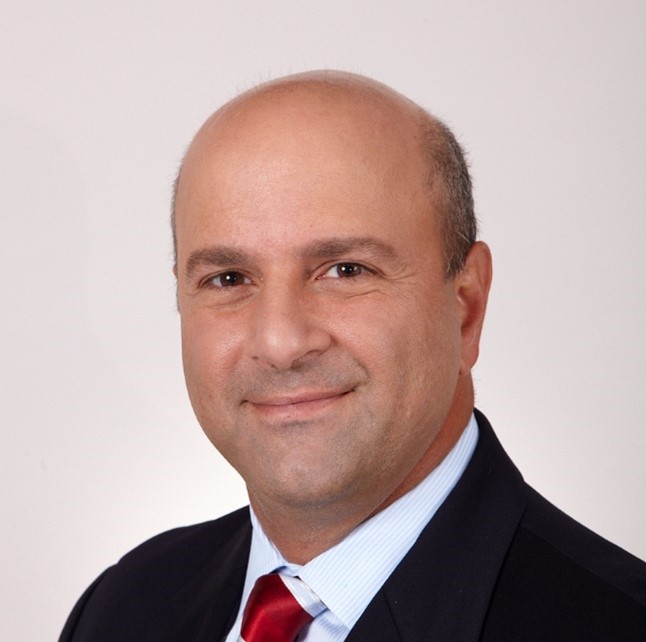Nader Samii, JD/MBA – Chief Executive Officer at National Medical Billing Services
“Every success story is a tale of constant adaptation, revision and change.” – Richard Branson
Never has this Richard Branson quote been more true than it is for the evolution of the healthcare delivery system, which will only be accelerated by the COVID-19 crisis. Historically, surgical procedures were performed in a hospital inpatient setting. With the advancement of technology, certain of these procedures moved to a hospital outpatient department (HOPD), and in recent years have moved to ambulatory surgery centers (ASCs). The initial specialties that moved to ASCs included ophthalmology, gastroenterology, pain management, urology, ENT, among others. Today, 61 percent of the procedures for these specialties are performed in ASCs. Orthopedics has trailed these other specialties, but is quickly catching up, as 44 percent of orthopedic procedures were performed in ASCs in 2015 and that number jumped to 52 percent in 2018.1
On the other hand, spinal surgeries, due to their complex nature, have largely remained inside the hospital walls, with only 10 percent of such procedures performed in ASCs in 2018. That said, spinal procedures are on a trajectory similar to orthopedics as the number of ASCs specializing in spinal surgery rose from only 35 in 2013 to 145 in 2019, an increase of 314 percent. Further, the 10 percent of spinal procedures performed in ASCs today are projected to move to 30 percent by the early 2020s, an increase of 200 percent.1
This dramatic movement in spinal procedures is being driven due to it being beneficial for patients, healthcare providers and payers, a rare win-win-win. For example, in an ASC, surgeons have greater control of the procurement process—there are fewer bureaucratic hoops to jump through. They can directly request the equipment, technology and materials they need, schedule procedures more conveniently, and assemble teams of highly skilled, specially trained staff. There are financial advantages for surgeons, too, as many have ownership in ASCs.
Patients looking for convenience, quality and comfort enjoy the benefits of an ASC. Their recovery is faster, and they have more say and flexibility in their discharge plans. With a reduced rate of infection (more than 50 percent of ASCs in the US have a 0 percent infection rate2), which is increasingly important to patients as a result of COVID-19, patients can be confident in their safety. Most patients also require fewer medications. For example, patients who underwent anterior cervical discectomy and fusion at an ASC consumed fewer doses of fentanyl, oxycodone and oral morphine equivalents. All of these circumstances lead to a 92 percent patient satisfaction rate, compared with 70 percent satisfaction rate in the hospitals. 2
Medicare and insurance carriers also generate significant savings when spine surgeries are performed in an ASC. Spine surgeries in an ASC typically cost 45-60 percent less than a hospital, and can be as much as 90 percent less. Overall, researchers estimate that ASCs deliver an annual cost savings of $40 billion per year.
The most common spine surgeries currently being performed in an ASC today are ... read the full article at Beckers ASC Review
This post was first published June 18, 2020 and was updated July 1, 2022.

